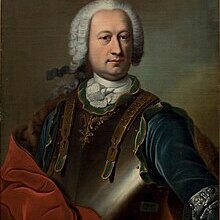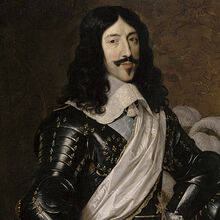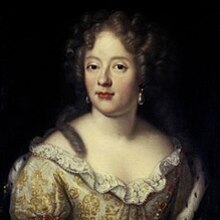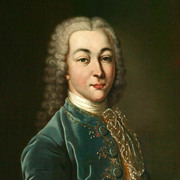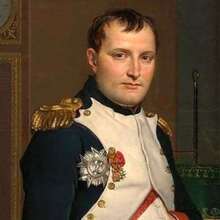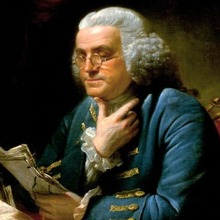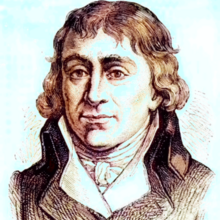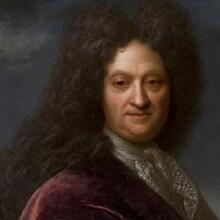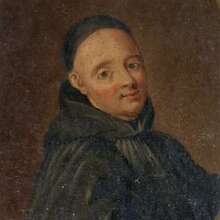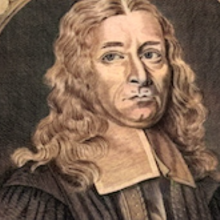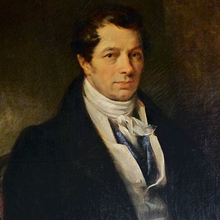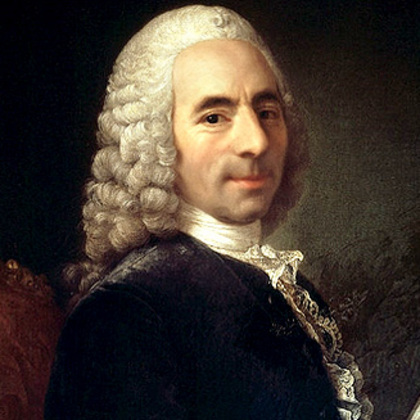
Personal
Other names:
Job / Known for:
Economist and physician
Left traces:
Tableau économique and Physiocracy
Born
Date:
1694-06-04
Location:
FR
Méré, Île-de-France, France
Died
Date:
1774-12-16 (aged 80)
Resting place:
FR
Death Cause:
Natural causes
Family
Spouse:
Marianne Woodsen (1718-?)
Children:
Jeanne Quesnay (1720-?) and François Quesnay (1721-1795)
Parent(s):
Nicolas Quesnay (1658-1739) and Marguerite Guillois (1663-1747)
QR Code:
Show More
Rank
Users ranking to :
Thanks, you rate star
Ranking
5.0
1
About me / Bio:
Show More
Article for Francois Quesnay
Died profile like Francois Quesnay
Comments:

